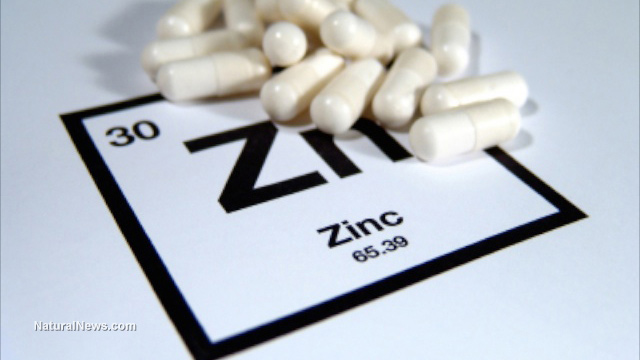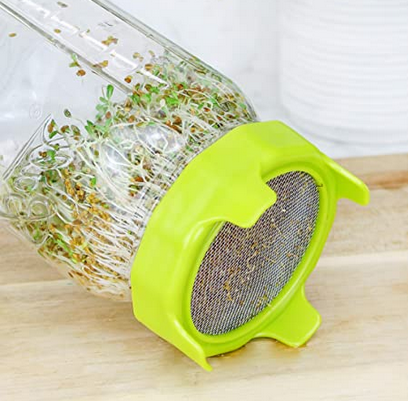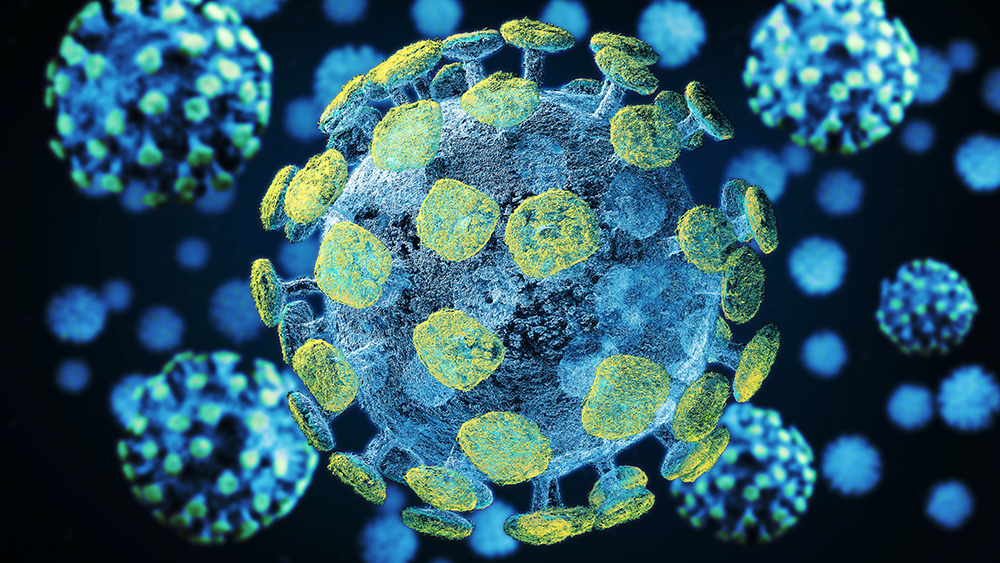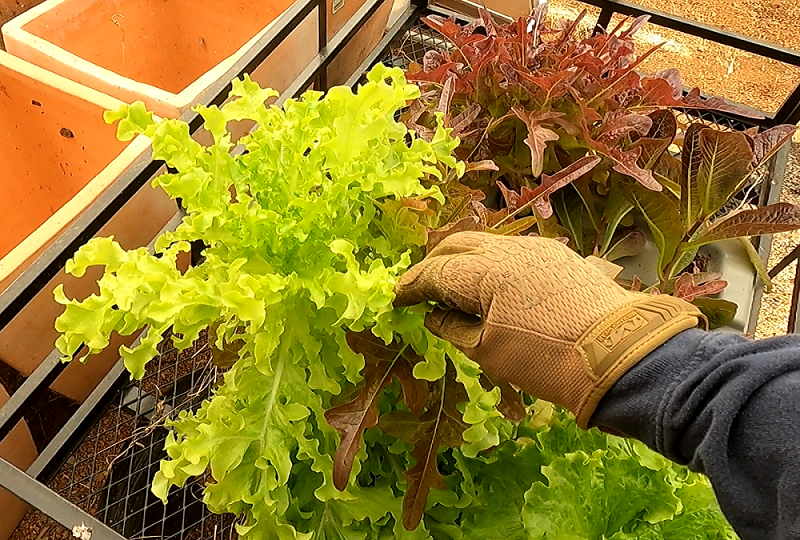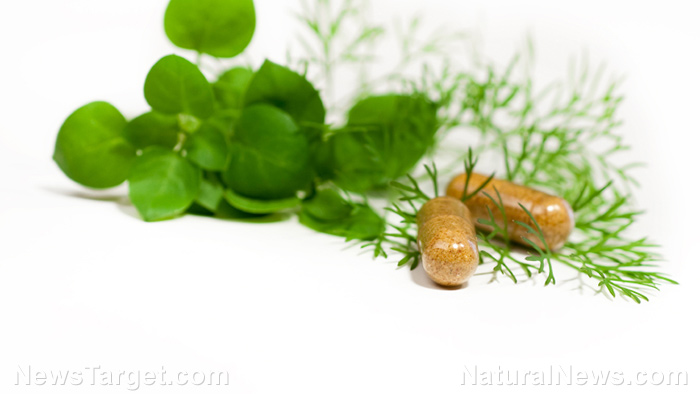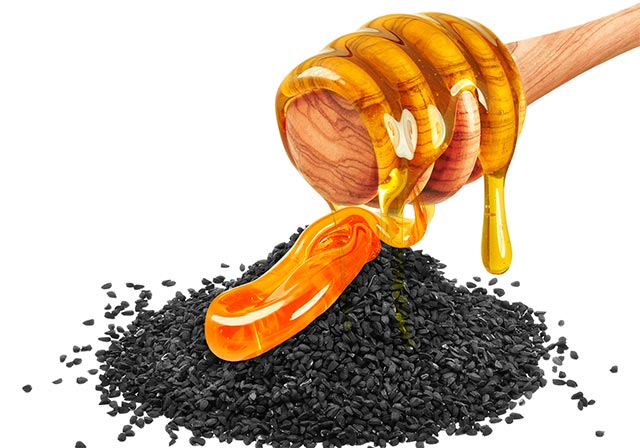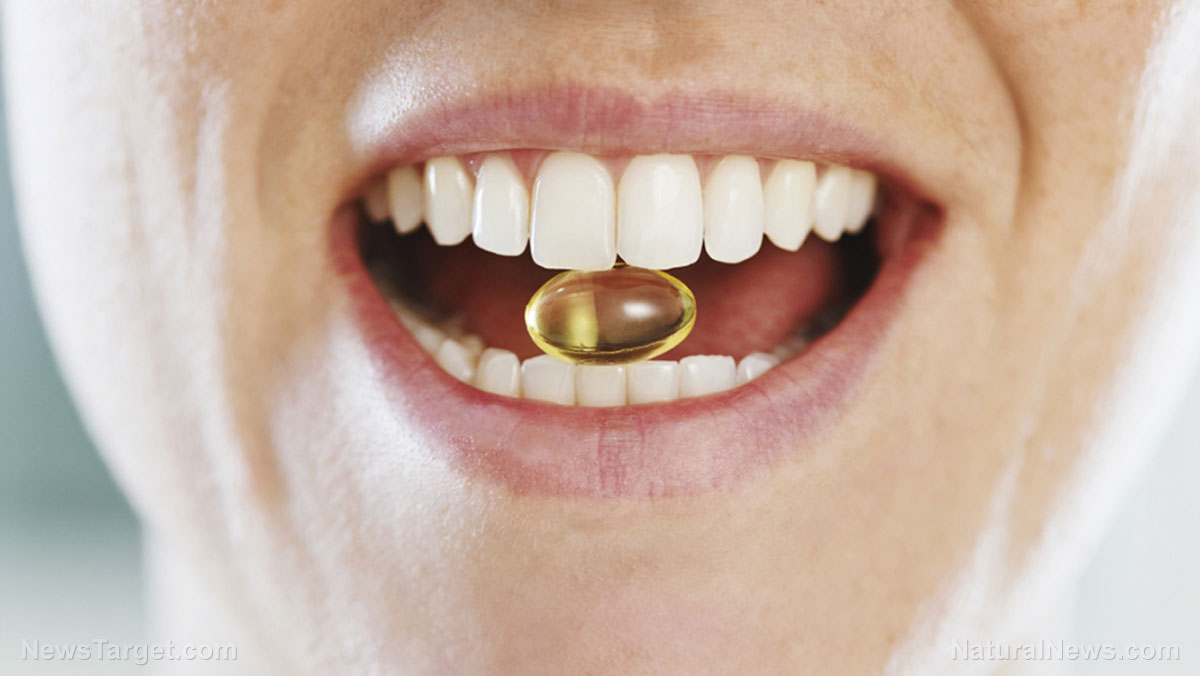Boost your immune system with dietary selenium and vitamin D
04/08/2020 / By Darnel Fernandez

The coronavirus pandemic has taken the world by storm with over a million confirmed cases across the globe. The United States stands on the forefront of this global pandemic as data from the Johns Hopkins University shows the U.S. has 368,449 confirmed cases and 10,993 deaths – and the numbers are still growing rapidly by the day. On the brighter end of the spectrum, nearly 20,000 people have recovered from COVID-19.
Researchers all over the world have been scrambling to find ways to quell coronavirus as healthcare workers put their life on the line to save lives and minimize the impact of this global pandemic.
One way to protect against coronavirus is enhancing the immune system through better nutritional strategies. Selenium, for instance, is a nutrient that can give the immune system a boost and can help fight off viral and bacterial infections.
Consume more selenium to protect against infections
Selenium is one of the most important micronutrients for the body, playing a vital role in many bodily functions like those of the thyroid, liver and immune system. Increased selenium intake helps the immune system by reducing the amount of oxidative stress in the body, which can reduce inflammation and enhance immunity. (Related: Natural ways to boost your immunity as coronavirus spreads.)
A study published in the journal Molecular Nutrition & Food Research found that a deficiency in selenium can harm immune cell function, which could eventually lead to a much slower immune response. Further, studies have shown that a selenium deficiency can also increase your risk of death and disease progression, particularly in people infected with HIV. On the other hand, providing these patients with selenium supplements led to much fewer hospitalizations and improved the patients’ symptoms.
According to the National Institutes of Health, the recommended Daily Value (DV) of selenium is 55 mcg each day for the average adult. For pregnant women, that number rises to 60 to 70 mcg per day.
Eating more selenium-rich foods can easily help you hit this daily limit, such as:
- Brazil nuts: 174 percent DV in one nut.
- Eggs: 56 percent DV in two large eggs.
- Oysters: 238 percent DV in 3 oz of oysters.
- Sunflower seeds: 27 percent DV in 1 oz of sunflower seeds.
- Halibut: 167 percent DV in 3 oz.
However, take note that excessive amounts of selenium can be dangerous to your health. In fact, significantly high doses of the micronutrient can be toxic, even fatal. Selenium toxicity happens more often from taking supplements rather than eating foods rich in selenium.
Symptoms of selenium toxicity include dizziness, nausea, hair loss and muscle soreness. Severe cases of acute selenium toxicity can lead to serious intestinal problems, neurological symptoms, heart failure, kidney failure and even death.
Immune-boosting potential of vitamin D
One important vitamin to add to your nutritional arsenal is vitamin D. According to a study published in the journal Nutrition Research, about 41.6 percent of adults in the United States are deficient in vitamin D. This number rises to 69.2 percent in Hispanics and 82.1 percent in blacks.
One of vitamin D’s main roles is to keep your immune system strong and healthy so that it can effectively fight off bacteria and viruses. Vitamin D directly interacts with the cells responsible for dealing with infections. Because of this, a deficiency in vitamin D can contribute to making you more prone to infections and diseases.
A study published in the journal PLOS One found that taking vitamin D supplements provides a protective effect against respiratory tract infections. The protective effect was stronger using once-a-day dosage compared to bolus doses – or a single dose given over a short period of time.
Other than taking supplements, here are a few natural ways to get vitamin D:
- Spend more time under the sun.
- Consume more fatty fish and other seafood, which are naturally rich in vitamin D.
- Eat foods fortified with vitamin D.
Learn more about ways to help bolster your immune system at ImmuneSystem.news.
Sources include:
Submit a correction >>
Tagged Under:
China, coronavirus, covid-19, diet, Flu, immune function, immune system, infections, micronutrients, minerals, natural health, nutrients, nutrition, outbreak, pandemic, prevention, remedies, selenium, superbugs, supplements, virus, vitamin D, vitamins
This article may contain statements that reflect the opinion of the author
RECENT NEWS & ARTICLES
Nutraceuticals.News is a fact-based public education website published by Nutraceuticals News Features, LLC.
All content copyright © 2018 by Nutraceuticals News Features, LLC.
Contact Us with Tips or Corrections
All trademarks, registered trademarks and servicemarks mentioned on this site are the property of their respective owners.






